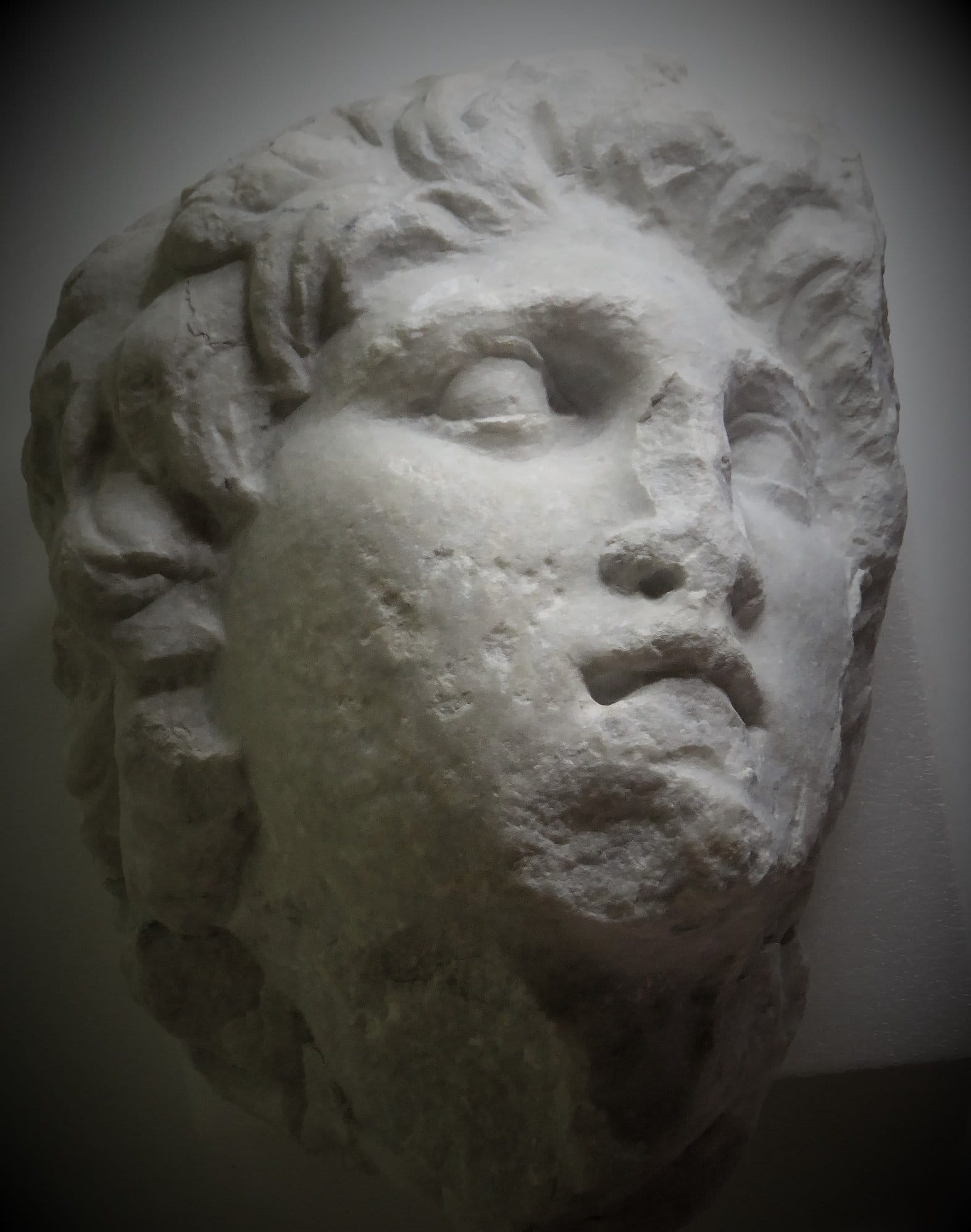A statue of Alexander the Great has been found in the storage room of an archaeological museum in Veria. The surprising find was made by Angeliki Kottaridi, a leading archaeologist, and was announced in a Facebook post.
Kottaridi stated:
The sculpture, which was initially found decades ago underneath rubble near the Greek town of Veria, was rediscovered a few weeks ago as staffers were cleaning out a storage room by chance.
The sculpture will also be featured in a major exhibition next year at the Aigai Museum.
Alexander the Great “ Ἀλέξανδρος ὁ Μέγας”, was a king of the ancient Greece kingdom of Macedon and a member of the Argead dynasty. He was born in Pella in 356 BC and succeeded his father Phillip II to the throne at the age of 20. He spent most of his ruling years on an unprecedented military campaign through Asia and northeast Africa, and by the age of thirty he had created one of the largest empires of the ancient world, stretching from Greece to northwestern India. He was undefeated in battle and is widely considered one of history’s most successful military commanders
Kottaridi stated:
"A ‘brand new’ Portrait of Alexander, still unknown to archaeologists and art lovers…For decades lost in a dark corner of the warehouse of the archaeological museum of Veria between crates with ceramic, half under old mortars and pollutants."
The sculpture, which was initially found decades ago underneath rubble near the Greek town of Veria, was rediscovered a few weeks ago as staffers were cleaning out a storage room by chance.
The sculpture will also be featured in a major exhibition next year at the Aigai Museum.
Alexander the Great “ Ἀλέξανδρος ὁ Μέγας”, was a king of the ancient Greece kingdom of Macedon and a member of the Argead dynasty. He was born in Pella in 356 BC and succeeded his father Phillip II to the throne at the age of 20. He spent most of his ruling years on an unprecedented military campaign through Asia and northeast Africa, and by the age of thirty he had created one of the largest empires of the ancient world, stretching from Greece to northwestern India. He was undefeated in battle and is widely considered one of history’s most successful military commanders


No comments:
Post a Comment